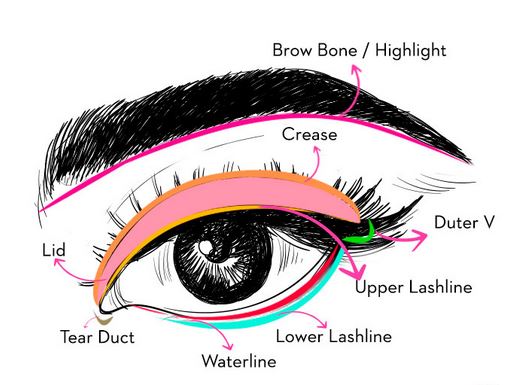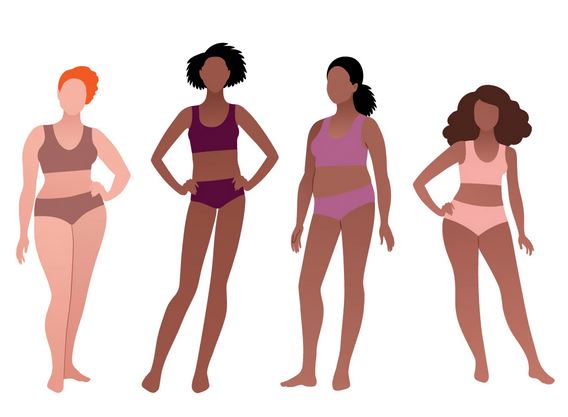Tips for managing stress and anxiety | |

| |
In today's fast-paced and demanding world, stress and anxiety have become common experiences for many individuals. The pressures of work, relationships, and daily responsibilities can take a toll on our mental and emotional well-being. However, there are various effective strategies and techniques that can help manage and reduce stress and anxiety. In this article, we will explore practical tips to help you navigate the challenges of stress and anxiety and promote a sense of calm and balance in your life. Practice Mindfulness: Be Present in the MomentMindfulness is the practice of intentionally focusing your attention on the present moment without judgment. By cultivating mindfulness, you can bring your awareness to the sensations, thoughts, and emotions that arise in the present moment. Mindfulness-based techniques, such as meditation, deep breathing exercises, and body scans, can help calm the mind, reduce stress, and increase self-awareness. Engage in Regular Physical Activity: Move Your BodyRegular physical activity is not only beneficial for your physical health but also for your mental well-being. Engaging in exercise releases endorphins, which are natural mood-boosting chemicals in the brain. Whether it's going for a walk, practicing yoga, dancing, or participating in sports, find activities that you enjoy and incorporate them into your routine. Aim for at least 30 minutes of moderate-intensity exercise most days of the week. Prioritize Self-Care: Take Time for YourselfSelf-care is crucial for managing stress and anxiety. Make self-care a priority by carving out time in your schedule for activities that recharge and rejuvenate you. This can include taking a bath, reading a book, listening to music, practicing a hobby, or spending quality time with loved ones. Remember, self-care is not selfish; it is essential for your well-being. Maintain a Healthy Lifestyle: Nourish Your BodyA healthy lifestyle can significantly impact your stress levels and overall well-being. Ensure you're nourishing your body with a balanced diet that includes fruits, vegetables, whole grains, lean proteins, and healthy fats. Limit your intake of caffeine, alcohol, and processed foods, as they can exacerbate feelings of anxiety. Get enough sleep, aim for 7-9 hours of quality sleep each night, and establish a consistent sleep routine. Cultivate a Supportive Network: Seek ConnectionHaving a supportive network of family, friends, or a community can provide a valuable source of comfort and encouragement during times of stress and anxiety. Reach out to your loved ones, share your feelings, and seek their support. Consider joining support groups, engaging in social activities, or seeking professional counseling or therapy when needed. Frequently Asked Questions (FAQs)1. How can I differentiate between normal stress and an anxiety disorder?While stress is a normal response to challenging situations, an anxiety disorder involves excessive and persistent worry or fear that significantly interferes with daily functioning. If your stress and anxiety are persistent, overwhelming, and affecting your ability to carry out daily activities, it's advisable to consult a healthcare professional for a proper diagnosis and treatment options. 2. Are there natural remedies or supplements for managing stress and anxiety?Several natural remedies and supplements, such as lavender, chamomile, valerian root, and omega-3 fatty acids, are believed to have calming effects. However, it's important to consult with a healthcare professional before starting any new supplements, as they may interact with medications or have potential side effects. 3. How can I incorporate mindfulness into my daily routine?Incorporating mindfulness into your daily routine can be as simple as setting aside a few minutes each day for focused breathing exercises or practicing mindful eating. You can also explore guided meditation apps or attend mindfulness-based programs or workshops to deepen your practice. 4. Can stress and anxiety be completely eliminated?Stress and anxiety are natural responses to life's challenges, and it's unrealistic to expect complete elimination. However, by implementing effective stress management techniques and lifestyle changes, you can significantly reduce the impact of stress and anxiety on your life and enhance your overall well-being. 5. When should I seek professional help for stress and anxiety?If your stress and anxiety persist, worsen over time, or significantly interfere with your daily life, it's advisable to seek professional help. A mental health professional can provide an accurate diagnosis, offer appropriate treatment options, and support you in developing coping strategies tailored to your specific needs. ConclusionManaging stress and anxiety is essential for maintaining overall well-being. By incorporating mindfulness practices, engaging in regular physical activity, prioritizing self-care, maintaining a healthy lifestyle, and cultivating a supportive network, you can effectively manage and reduce stress and anxiety in your life. Remember, it's okay to ask for help when needed and to prioritize your mental and emotional health. By implementing these tips, you can navigate the challenges of stress and anxiety with greater resilience and find a sense of peace and balance. | |
| Category: Wellness | |
| Total comments: 0 | |
 |
| Mastering the Art of Contouring: Tips and Techniques |
 |
| How to Choose the Right Shade of Eyeshadow for Your Eye Color |
 |
| Easy Makeup Tips for Beginners |
 |
| What is a Drink Tumbler? Exploring the Perfect Beverage Companion |
 |
| Dressing for Your Body Type: Flatter Your Figure |
 |
| The Best Hair Color Products for At-Home Coloring |
 |
| Summer Makeup Essentials: Products for a Heat-proof Look |
 |
| The Ultimate Guide to Lip Liner Application |
 |
| How to create a minimalist and clutter-free lifestyle |
